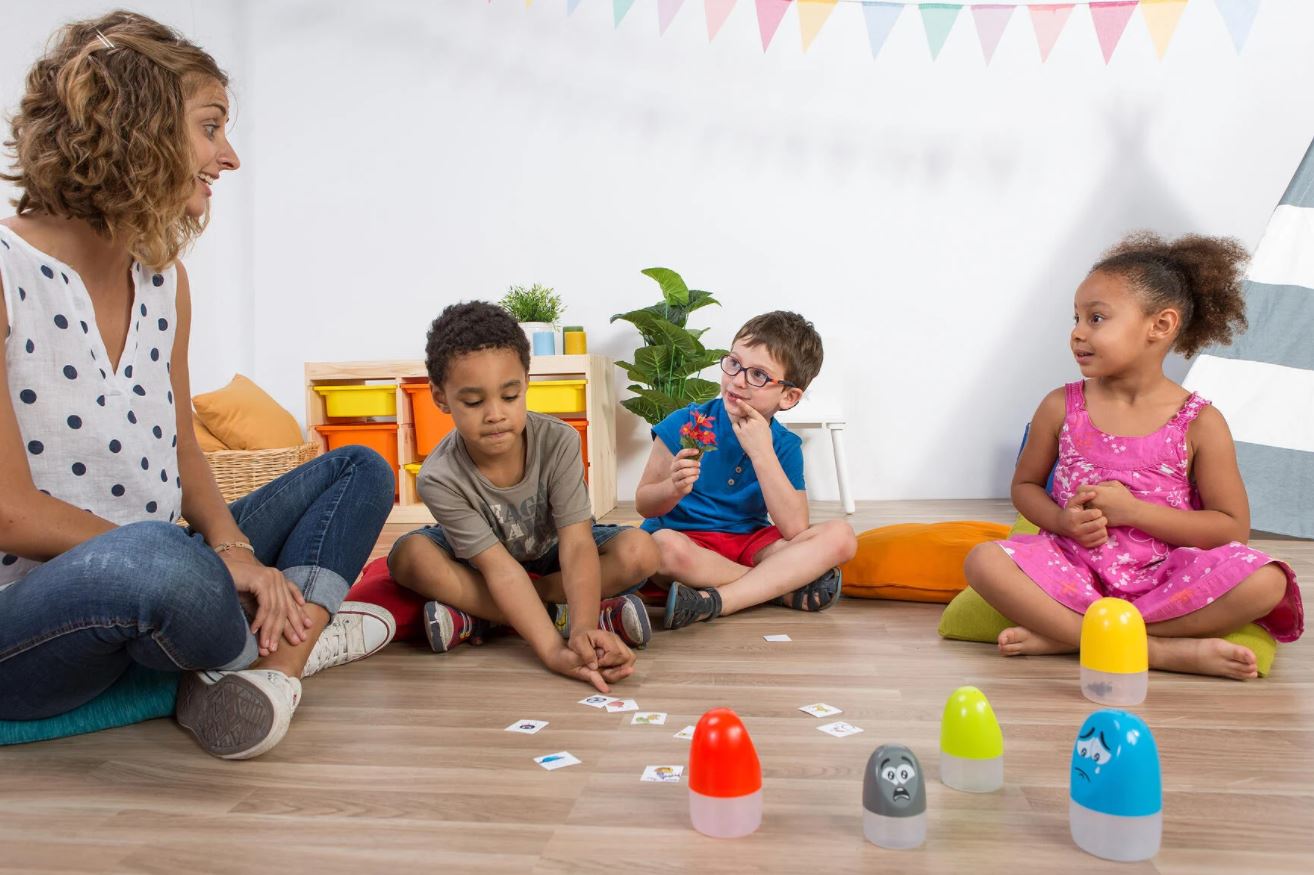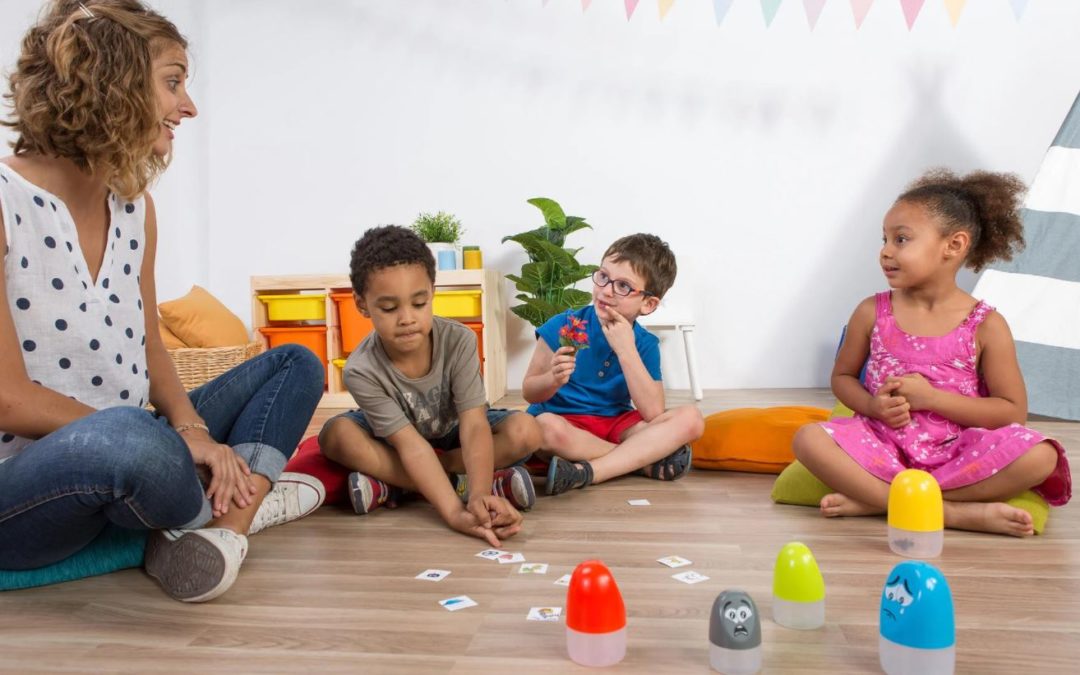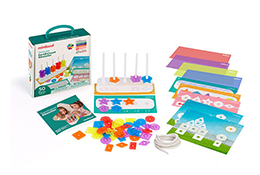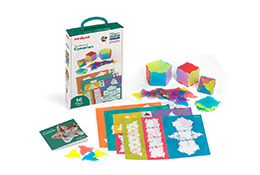The pandemic has caused havoc, devastation and confusion all around the world.
For teachers, it’s easily been the most stressful and unrelenting time of year as you now prepare for “back to school” (whatever that looks like).
Most of the country is reeling from the news that districts are enforcing a 100% virtual model. Maybe your state is proposing a hybrid model, where you’ll teach virtually a few days a week and in-person another couple days a week. Or maybe you’ll be in-person, masks in place, every day of the week.
Whatever your situation, your expertise and compassion is more vital than ever before.
You’ll most likely be e-meeting parents, holding virtual Zoom calls to introduce yourself to them for the first time, and update them on their child’s progress throughout the fall.
Your tactics on building the teacher-parent relationship have never been tested more than right now.
You’re used to meeting parents in person and conveying your earnestness and emotions during a parent teacher conference. You’re used to showing them around your classroom and demonstrating your commitment to their child’s development and education.
This school year will look entirely different.
In addition to providing you with tools to encourage social emotional learning and core curriculum, Miniland has cultivated some tips and advice to see you through this challenging year ahead.
Parents are lost, confused and stressed. We know you are, too. This could lead to a somewhat volatile relationship between you both, with their child/your student at the center.
Here are some tips to start the year off on a high-note:
1. Set up a Zoom Conference to meet each Parent at the beginning of the school year: Because you’re unlikely to be able to meet in-person this semester, make it a point to schedule individual Video calls with your student’s parents to demonstrate your commitment to getting to know them, their needs, and their concerns. Now is your time to showcase what your plans are for the year for their child. What your curriculum will look like. Use this time to also visually show them the tools and materials you plan on using to teach their children. If you have Emotiblocks ready to use on your Virtual/Live instruction with your students, introduce the parents to the blocks. Demonstrate how they work and what their child is expected to gain from this type of educational toy.

2. Send regular updates via email and text: We know it’s time consuming, and far more work than before. Remember the easy days when you could put a paper in your student’s backpacks and send them home to share updates and info with their parents? You’re now faced with having to update parents regularly in other ways. If its general updates that the class is working on or exciting news, a mass email to parents is perfect. However, if you want to discuss an issue a student may be having or update them on positive progress, a personal phone call may be required.
3. Make Student Information Sheets for Parents to Submit: These are a great way to find out all the details about your student that you don’t know yet. Ask their parents to be as honest as possible. What are their positive attributes? What are some of the things the parent wants you to work on specifically with their child? What are some areas where they need improvement? What are certain things you as a Teacher should know about that child to help you reach the child better? Do they have trouble sitting still? Do they have trouble communicating? What are their favorite things to play with? Be as specific and personal as you can be. Offer suggestions on how they can help their child through play time. Parents will appreciate you taking the time to get to know their children better.

4. Encourage Feedback and Communication: The key here is to listen to parents. They know their children best. Sometimes they may not want to acknowledge difficult areas their child may be going through, so it’s up to you to make them feel comfortable by being positive and accepting their feedback in order to get to where you want their child to be. Working together is the most important thing you can do for the benefit of your student. Let them know you’re available to discuss their concerns. Parents are going through a lot of stress and uncertainty, especially now. Though it’s no excuse to treat you badly, be prepared for tempers to be stronger than normal. Try and remain calm. If it becomes too much to deal with, if the parent is difficult or rude to speak to, let them know they are welcome to discuss their concerns with the Principal directly.
5. Don’t Make Assumptions: It can be easy to assume things if you see a parent is becoming difficult to deal with. No matter what you’ve encountered or how hard it may be to discuss things with certain parents, remind yourself that you never truly know what a person might be going through. It can be easy or tempting to assume things about parents that you might not know anything about. Accept that you don’t have all the facts about your student’s lives or their parents. This is the time to show kindness, compassion, and composure. Remember, the last thing you want to do is to damage a potentially good relationship with the parent down the line or cause problems in your own career long after the child has left your classroom.
This year is an unprecedented year for all involved in the education community. We must work together for the benefit of all school age children. This will pass.



